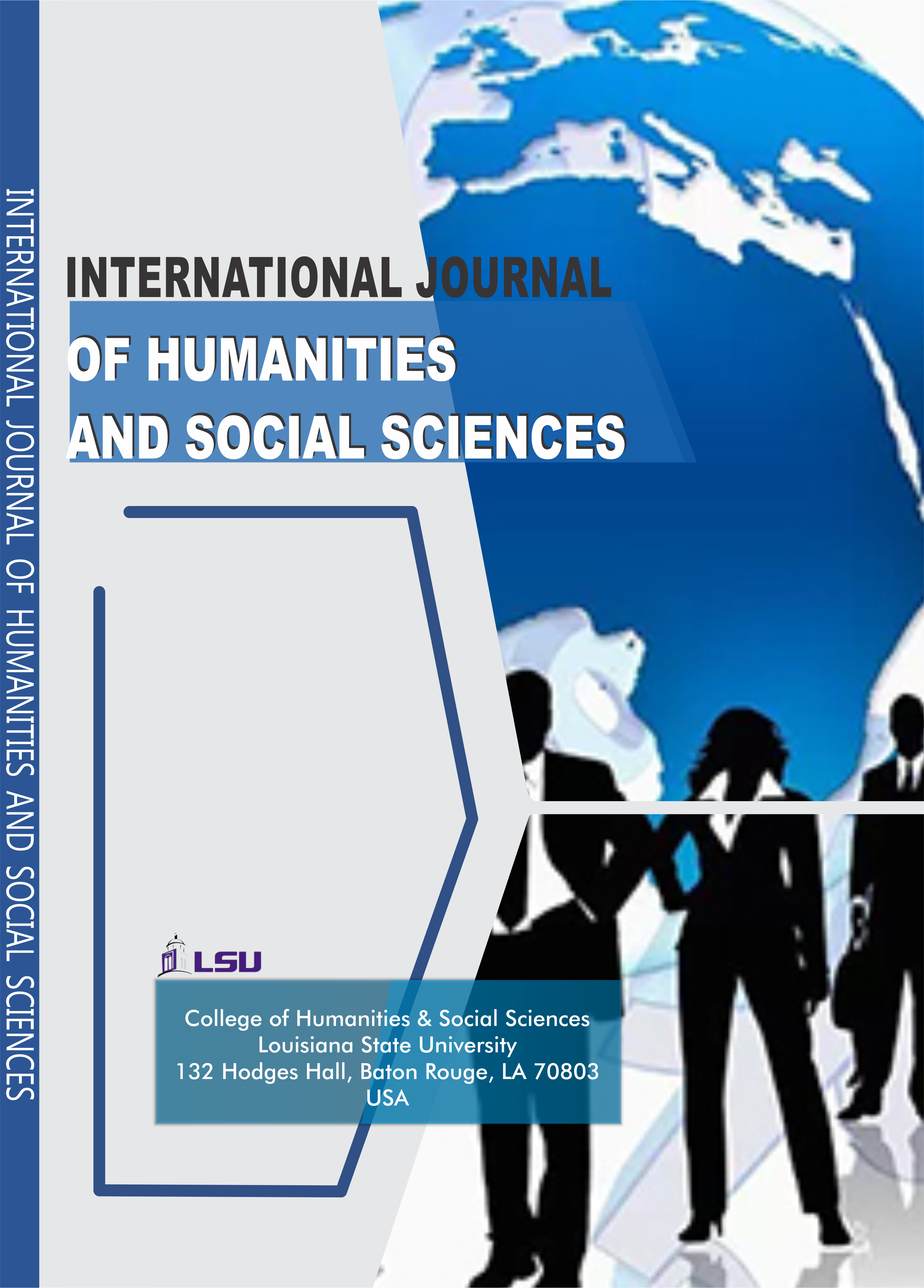INTERNATIONAL JOURNAL OF HUMANITIES AND SOCIAL SCIENCES (IJHSS)
Muslim-Christian Relations and Peaceful Co-Existence for National Integration: A Biblical and Quranic Perspective
E-ISSN: 3435-6457
P-ISSN: 8654-3552
DOI: https://iigdpublishers.com/journals/218
countries, particularly their leadership places importance to peaceful co-existence among its citizens. The developed world from the beginning, developed as a result of their sustained peace and tranquility in their environment. We saw it right from the industrial revolution in Europe. In Nigeria there was peaceful co-existence among the people of various sub-nationals before the coming of colonial invaders. With the arrival of Christianity, competing with the early Islamic traditions particularly in the North brought about much more religious awareness and eventual conflicts of superiority, neglecting the common ground of all the religious teachings. This paper addresses this quagmire of Muslim-Christian relations in search of peaceful co-existence in our Universities and Nigeria with Biblical and Quranic reflections as we try to draw areas of application. This paper recommend that four major themes; peace, justice, forgiveness and reconciliation, should be the cardinal point that the government and all stakeholders in Nigeria should focus.
Gero Ahmad PhD & Nesta Andy-Philip PhD
Ignatius Ayau Kaigama, (2010). Peace, Not War: A Decade of Interventions in the Plateau State Crisis (2001-2010), Hamtul Press Lt, Jos, p.168.
Colin Chapman, (1995). Cross and the Crescent: Responding to the Challenge of Islam, Inter-Varsity Press, Leicester, p.218.
Christine A. Mallouhi, (2000). Waging Peace on Islam, Monarch Books, London, p.77.
Christine A. Mallouhi, Waging Peace on Islam, p. 94.
John Cardinal Onaiyekan, (2007). Seeking Common Grounds: Inter- Religious Dialogue in Africa, Paulines Publications Ltd, Nairobi, p.170.
